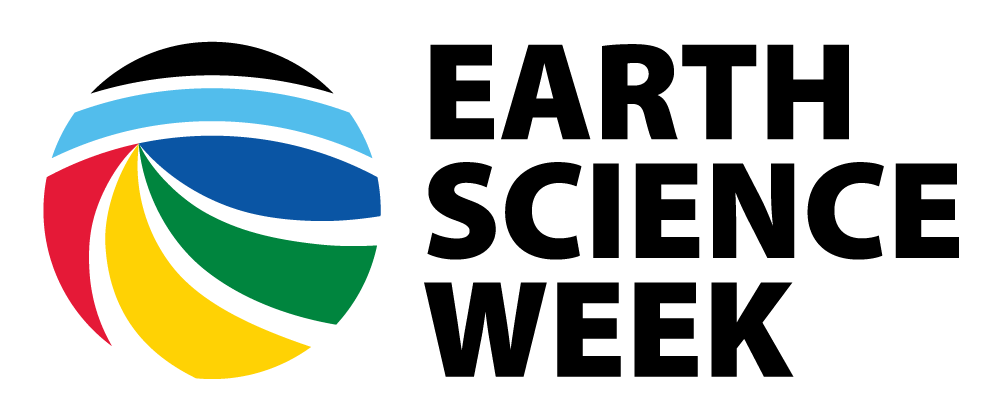2006 Essay Contest Finalist
Entry by Arianna Barbee
“Excuse me; miss, but…um…”
The teacher arched an eyebrow, nodding at the boy furiously waving his hand. “Yes?”
“You’ve mentioned the citizen scientists a couple of times now, but what exactly are they?”
“Ah” The teacher smiled warmly. “Excellent question. Does anyone in here wish to help him?”
She quickly scanned the room, watching as a girl timidly raised her hand. “Go ahead.”
“Well,” the girl all but whispered, looking down. “Citizen scientists are people who..help the world by observing and collecting data. They don’t have a PhD or anything, but…they care about the Earth and want to help, and to help people understand it.”
“Very good!” The girl smiled gently. “Now,” the teacher said, turning back to the boy, “do you understand?”
“Well, I understand that, but…can I be one?”
The teacher cocked her head slightly. “You know what? You actually could become one…like the smart girl said, you don’t have to be highly educated. You just have to be passionate about the Earth and you need to have a strong desire to change things.”
The boy frowned. “Do I have to make data tables and stuff? I hate those….”
“Yes, you have to record your data, if that’s what you mean. But if you truly want to help, recording data isn’t such a big thing.”
“Yeah,” another child said loudly. “But just because you do all that stuff doesn’t mean that people are going to take you seriously.”
“If you prove you’re right, then people will take you seriously. That’s why you have to have the data to back yourself up.” She looked pointedly down at the boy before her. “If you have all the data, and you work ed hard, then you could present your data to someone who deals with that field of science and explain why and how you did what you did. Its more than likely that person will be impressed by someone of your age doing all that work, and they’ll probably take a serious look at what you’ve done.”
The boy blinked. “Yeah…I see.”
An obnoxious child snickered, “Even if you do get someone to look at your stuff,” he said scathingly, “its not like you’ve going to make a difference.”
“You’re wrong there,” the teacher said. “Citizen scientists are extremely important. They can point out things traditional scientists may not ever see. For example, a regular scientists is never going to notice and increase of raccoons in your backyard. If you start recording how many come and go, and from which direction they come from, then maybe you can approach a scientist who studies that field and share with him your findings. He could then look into it and eventually discover that their habitat is being destroyed or something like that. Then he could end the destruction and save the raccoons.”
The boy smiled. “And…”
BRING!
“Lunch bell,” the teacher said calmly. “We’ll finish this later.”
The room was soon completely empty.
